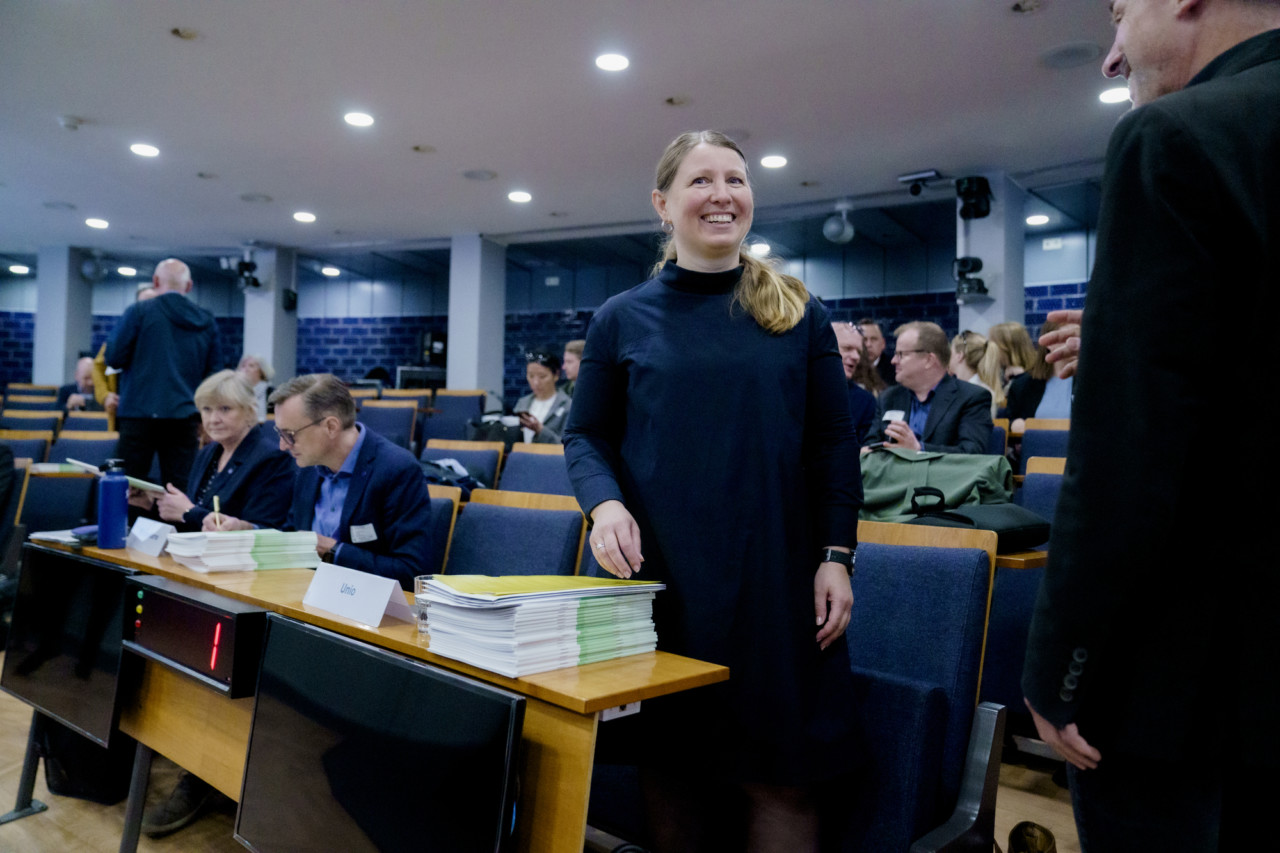
Av Forskerforum
Publisert 19. mai 2022 kl. 12:00
On why she took to Twitter:
‘Many of my friends have been made redundant too. Usually we disappear quietly. This time I just couldn’t walk away without saying a word. We’ve developed a system that fails the researcher. It’s far too normal for people and research fields to simply disappear. There’s something wrong with the way research is organised.’
On what it has meant to be ‘permanently temporary’ for 20 years:
‘I’ve spent many evenings and weekends applying for funds. It’s been useful and instructive, but also all-consuming. After a while it’s tiring to go on like that.’
On future prospects:
‘Research into the Swedish job market tells us that once we get over the age of 50 – and I’ll soon be 57 – employment opportunities for both genders decrease, but more so for women. I think this should be getting more attention.’
Unio’s proposal to begin cooperation with the Federation of Norwegian Professional Associations (Akademikerne) is arousing both delight and consternation among local representatives of the Norwegian Association of Researchers (NAR).

The cause of the shift away from LO and YS is the difficulty in salary negotiations for those with the highest educations, according to Guro Elisabeth Lind, head of NAR. ‘We lose out on three fronts. State employees lose out to industry employees; education groups lose out to state employees; and education groups within the state lose out to education groups in the private sector. It has become necessary for Unio to seek a way to take better care of the education groups,’ Lind says.
There have been claims that Unio is abandoning its right to strike, but since the right to strike over the scope of the framework is maintained, NAR rejects this.
Any final agreement will be sent to Unio State’s members for referendum.
Last summer, the University of Stavanger (UiS) found itself without specialist teachers in anatomy and physiology. It elected to replace lectures with the MedEasy digital learning platform.
‘We put our resources into arranging “anatomy cafés” where students could work on tasks and have discussions, guided by the specialist teacher and student assistants,’ says subject leader Elisabeth Harbin.
In national exams in December 2021, UiS leapt from 18th to ninth place compared to the previous year.
‘We saw clearly that students were very happy with the teaching,’ Harbin adds.
‘We need the right to unemployment benefits when our contract expires, in line with other employees,’ PhD candidate Radina Stoykova has said to Universitetsavisa. Her contract expired in October, while her doctorate was delivered in December.
She was only able to start in her postdoctoral position after publicly defending her thesis. In November 2021, when it became difficult for her to pay her rent, Stoykova applied for help from the state. Since she was still considered a student, not a jobseeker, her application was denied. Stoykova was then forced to return to her native Bulgaria.